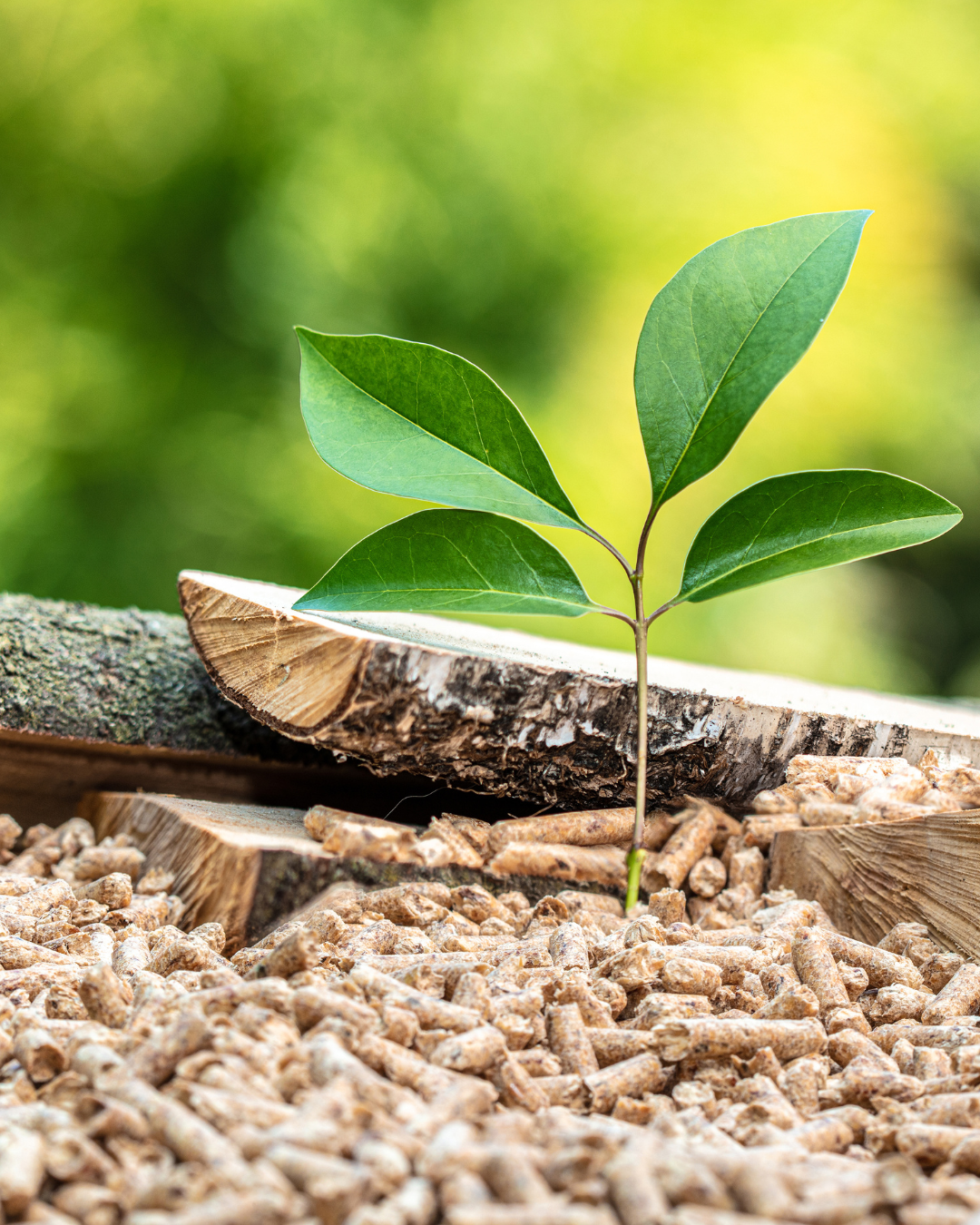Examples of sustainable management are already being practiced in Brazil today

Brazil is a country of continental dimensions and immense environmental, cultural, and productive diversity. For this reason, the forms of sustainable management practiced here are equally varied, ranging from forest management in the Legal Amazon to innovative agricultural techniques in the semi-arid and cerrado regions. This diversity of practices reflects the richness of our territory and the ability to adapt the use of natural resources according to local characteristics, always with a focus on environmental conservation and social development.
Sustainable management goes far beyond the simple exploitation of resources: it involves planning, respect for natural cycles, appreciation of traditional knowledge, and the use of technologies that ensure the renewal of ecosystems. This multiplicity of approaches is essential to address today’s environmental challenges—such as combating illegal deforestation, preserving biodiversity, and mitigating climate change—while also promoting income generation and improving the quality of life of the communities involved.
Below are some concrete examples of sustainable management already being practiced in Brazil, showing how different regions and sectors are contributing to a more balanced and sustainable future.
Forest concessions in the Amazon and conservation units
One of the most established practices is sustainable management in public forests of the Amazon, where approximately 4.7 million hectares are used in a planned and controlled manner. In these areas, timber extraction is carried out using techniques that preserve forest structure and ensure natural regeneration, while also creating jobs and income for traditional populations. These concessions also contribute to biodiversity conservation and the fight against illegal deforestation.
Extractive Reserve of Médio Juruá (Amazonas)
Traditional communities in the Médio Juruá Extractive Reserve engage in sustainable management through the controlled harvesting of non-timber forest products such as Brazil nuts and açaí. This activity generates income and encourages forest conservation, while also valuing traditional knowledge and supporting the local economy.
Restoration and management in the Atlantic Forest – Tijuca National Park
In Tijuca National Park, located in the city of Rio de Janeiro, sustainable management is applied through urban forest restoration initiatives. Reforestation and the recovery of degraded areas are carried out with community participation, enhancing biodiversity and promoting environmental balance in one of the largest urban forests in the world.
Sustainable agriculture and integrated systems
In the agricultural sector, practices such as no-till farming systems (NTFS) are widely used in Brazil, avoiding soil disturbance and maintaining plant cover to preserve fertility and prevent erosion. In addition, Integrated Crop-Livestock-Forestry (ICLF) systems combine crop cultivation, livestock raising, and tree planting in the same area, restoring degraded pastures and enhancing economic and environmental sustainability.
Organic production and sustainable management in coffee cultivation
In southern Minas Gerais, organic coffee producers adopt sustainable soil management techniques, avoiding the use of agrochemicals and promoting environmental conservation. This practice adds market value to the product and supports the health of the local ecosystem.
Sustainable management by Indigenous peoples in the Amazon
Indigenous peoples develop projects that regulate fishing and the collection of natural resources through sustainable quotas, ensuring stock renewal and food security, while preserving the forest and its resources for future generations.
